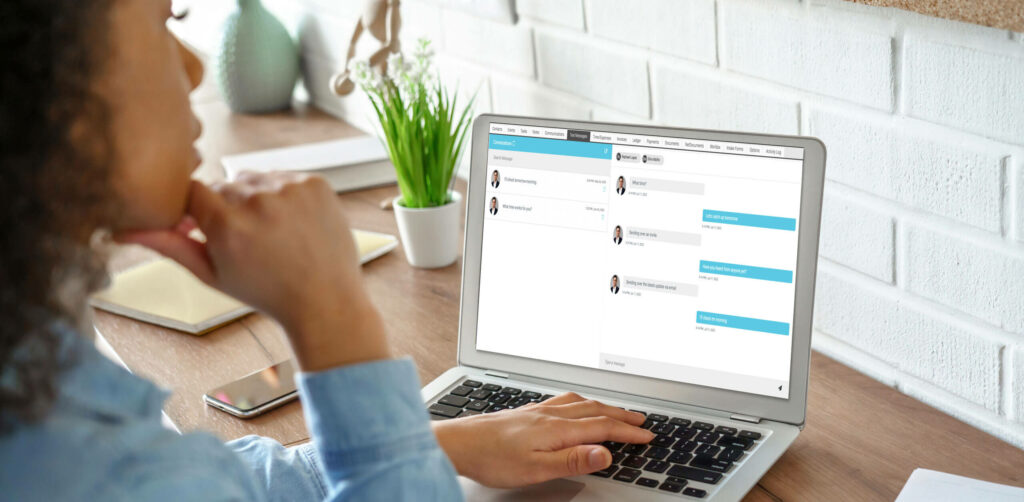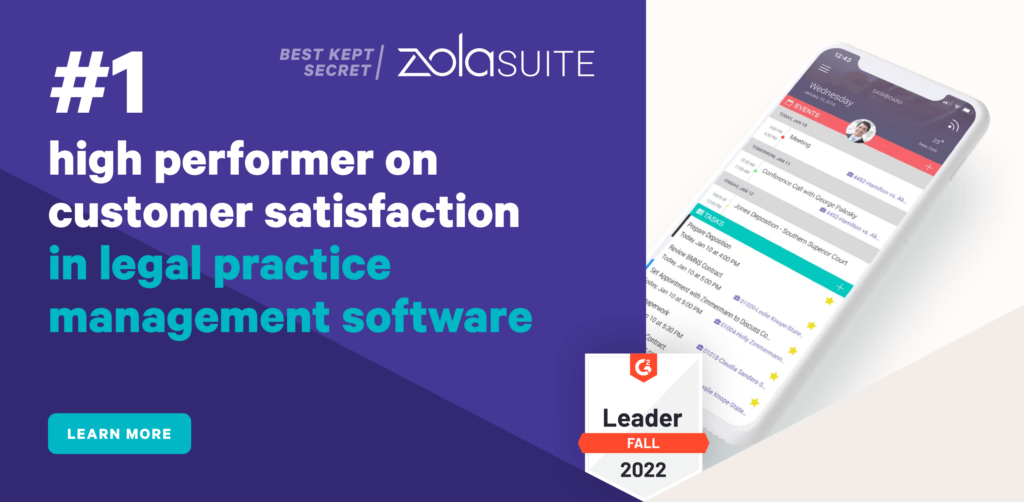
CARET Legal Fall Product Launch: New Ways to Communicate with Clients, Improve Performance, and Save Time for your Entire Firm
The Fall CARET Legal product update is packed with new, and much anticipated features. Keep reading to learn how you can improve your workflow, and your client experience, directly within CARET Legal.







